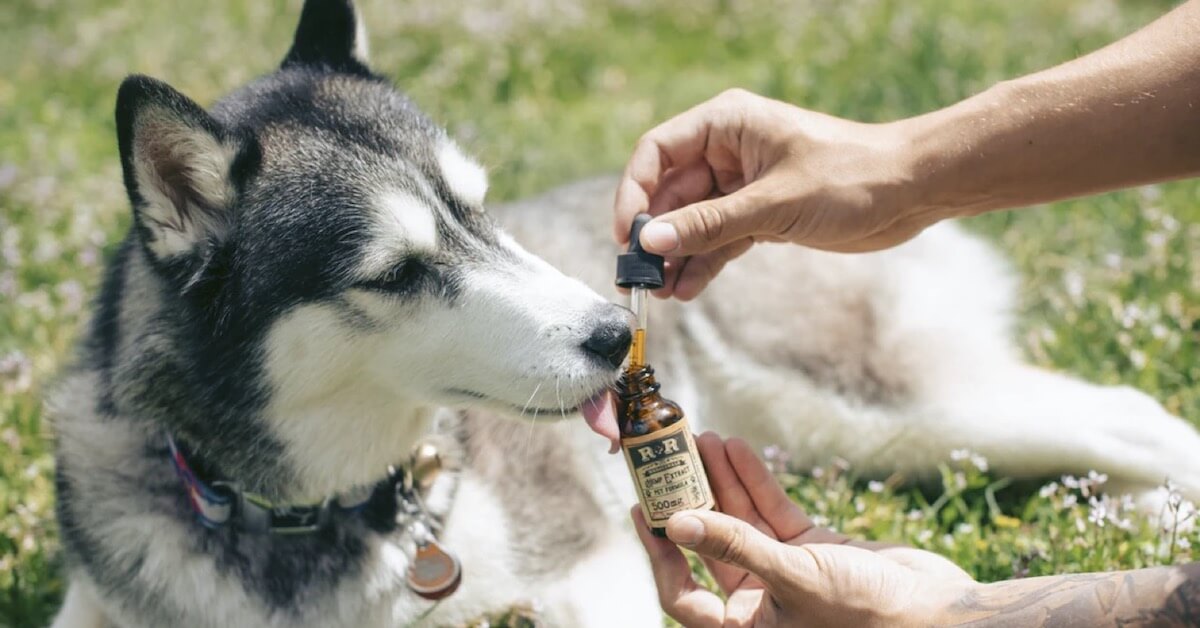5 Essential Aspects To Maintaining Your Pet’s Health

Source: R+R Medicinals on Unsplash
Pet wellness isn’t just limited to regular trips to your local vet — it’s so much more than that. Physical health aside, excellent pet care also takes into consideration other important aspects like social and mental needs.
Especially since every pet reacts differently to health issues and (obviously) can’t directly convey its feelings through language, it becomes our duty as pet owners to be sensitive to their needs.
Thus, taking charge and going the extra mile to look out for any potential signs indicating health issues is extremely important. An easy way for pet owners to exercise greater observation over their pet’s well-being can be performed on a routine basis.
Read on to gain awareness of various considerations to help you devise an effective pet wellness plan to keep your furry friend in tip-top shape.
Bi-annual examinations

Source: Markus Winkler on Unsplash
Since our pets can’t communicate to us when they are in pain, veterinarians’ insight plays a huge role — especially when it comes to routine health examinations. Preventive measures are quite helpful in determining potential health problems early, and definitely better and more affordable as compared to dealing when the actual health issue arises.
During your pet’s bi-annual exam, the veterinarian will conduct a comprehensive physical examination. The vet will begin the examination from the nose all the way to the tail to determine a preliminary assessment of your pet’s condition. This evaluation also consists of examining the pet’s heart condition and breathing. Simultaneously, the vet will also examine your pet’s facial features like the mouth, ears, eyes and skin for any other symptoms.
After the basic physical check is done, the vet can perform the following checks too:
Blood panel: It features a set of tests aimed at monitoring the kidney, liver function, red and white blood cell count. The process might also bring up abnormalities the pet that was initially undetected.
Faecal test: This is a pet’s stool test to determine possible parasite eggs and other living organisms. Youngers pets require these tests more frequently than adults.
Other miscellaneous tests: Other recommended tests might include x-ray, urinalysis, blood pressure, Electrocardiogram (EKG), and more.
Dental health

Source: Pixabay on Pexels
Dental health is another important aspect contributing to your pet’s overall well-being. Oral diseases are common among dogs aged three and above. This might occur in the form of gum diseases or even, mouth cancer (oral melanoma). To avoid such diseases, establishing a regular brushing routine for your pet’s teeth is highly recommended and should never be skipped.
Similarly, booking an annual oral check-up twice a year for your pet is also highly recommended to identify any risks or early onset of such dental diseases. Be vigilant for any signs of bad breath which might be an indicator of a dental issue.
Simultaneously, you could also browse an online pet store in Singapore for edible dental chews that can help to reduce tartar build-up.
Diet

Source: Jamie Street on Unsplash
Your pet’s diet is crucial at every stage of your pet’s development. While typical pet foods are fine, sometimes the food composition might not the healthiest for your furkid. Instead, try searching for quality ingredients that’ll provide the necessary dietary support for healthier muscles, bones, fur, skin, eyesight, digestive and dental health.
Although this isn’t necessary, consulting a veterinarian is also a good practice to have when discussing dietary requirements and portion sizes specific to your pet. Every pet is different and would experience varied patterns of growth.
Undoubtedly, discussing meals recommendations with an animal professional will be beneficial for your pet’s overall development.
Routine exercise

Source: Alvan Nee on Unsplash
Just like humans, pets can become overweight if its physical activity is neglected. Once again like humans, overweightedness in pets is associated with diseases like joint pain and skin conditions, lowering your pet’s overall quality of life. Therefore, to say receiving regular exercise is important for pet health is an understatement.
Providing exercise for your pet can be as simple as giving daily walks or organising playtime sessions with toys. Pet owners have NO excuse in neglecting their pet’s physical activity.
If you’re still unsure, browsing online pet shops in Singapore is useful because pet stores offer a plethora of resources and tools to improve your pet’s quality of living. For example, equipment like cat towers and running wheels are readily available at pet stores and have been proven as excellent mental and physical stimulation for your pets.
Preventing parasite infections
Another important aspect in maintaining your pet’s health is through performing frequent checks for any parasites. Common parasites like heartworms, ticks, fleas and intestinal parasites bring great discomfort to your furbabies and can often culminate into more dangerous illnesses.
For example, heartworm disease can occur from mosquito bites. If left untreated, it can become life-threatening.
Another example of parasitic infections would include tapeworm transmission through fleas. Female tapeworms have lifespans of a few months, during which they can lay as much as 2,000 eggs. Hence, be sure to discuss with your veterinarian about the appropriate measures and best products in preventing and mitigating parasitic infections.
Don’t wait till the last minute

Source: Chris Arock on Unsplash
In other news, prevention is still better than any cure. A healthy pet is a happy pet.
It is our duty as pet owners to be responsible in observing any possible symptoms indicating the onset of illnesses. Our pets won’t be able to notify us.
Therefore, we recommend planning out a cohesive and comprehensive health and wellness plan for your pet in order to facilitate timely monitoring over your pet’s overall health.








